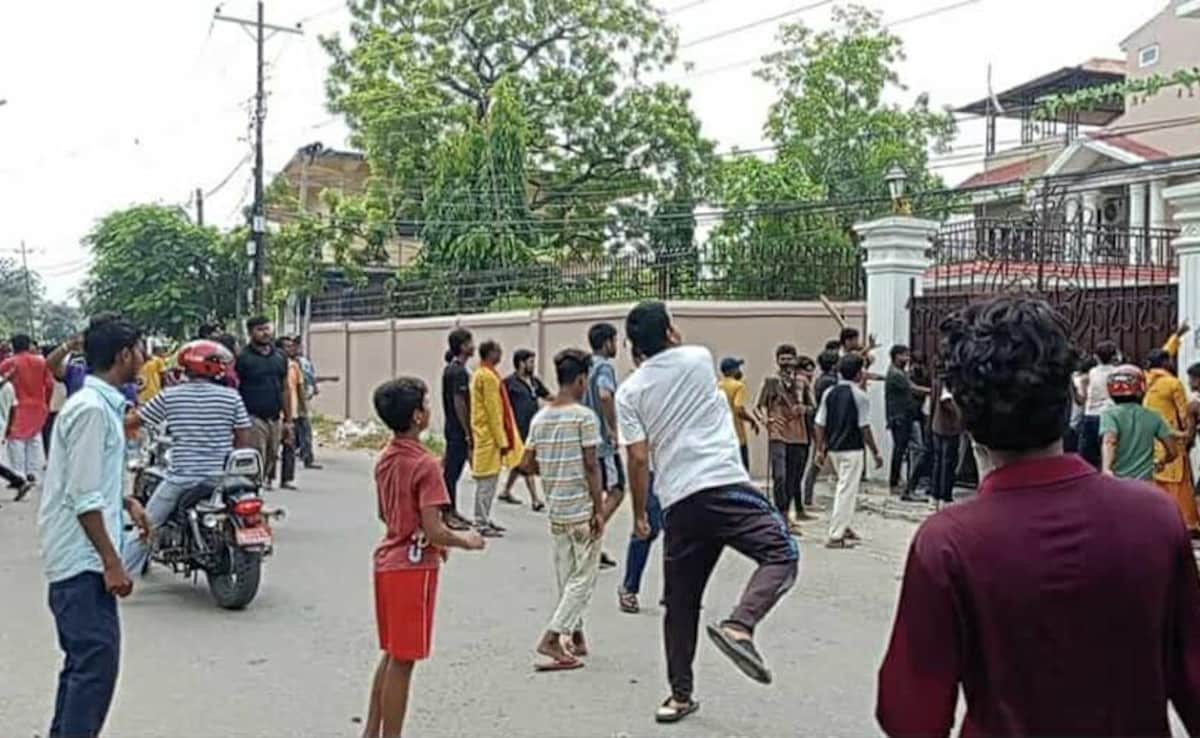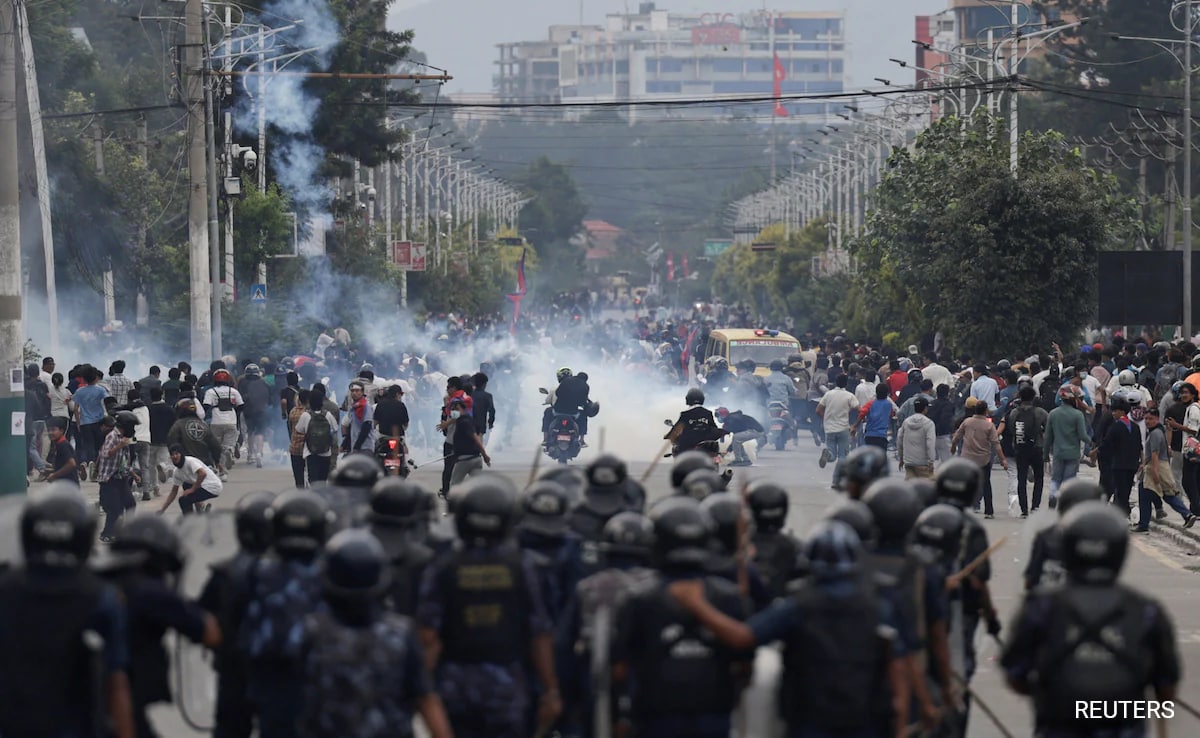Hamdok was deposed as part of the Oct. 25 coup by military leaders that brought international criticism and disrupted Sudanâs fragile transition to democracy. He was reinstated last month amid international pressure in a deal that calls for an independent technocratic Cabinet under military oversight.
The SPA said Guterresâs comments were seen as a âjustification for violenceâ against anti-coup protesters, who vowed to continue their street demonstrations against the deal despite deadly violence by security forces.
The United States, its allies and the United Nations have condemned the use of excessive force against protesters who have since taken to the streets en masse. Dozens of protesters were killed and hundreds others were wounded since the Oct. 25 coup.
The agreement, signed on Nov. 21, has angered Sudanâs pro-democracy movement, which accuses Hamdok of allowing himself to serve as a fig leaf for continued military rule.
Guterres told a news conference Wednesday that he understands âthe indignationâ and outrage of Sudanese who have seen the military coup and donât want any solution involving the military.
âBut I would like to appeal for common sense,â he said. âWe have a situation which is, yes, not perfect, but which could allow for a transition towards democracy.â
The U.N. chief warned that calling into question the solution that led to Hamdokâs reinstatement âwould be very dangerous for Sudan.â
The SPA said it would continue peaceful protests until the establishment of a âfull civilianâ government to achieve the democratic transition.
Hamdokâs reinstatement is the biggest concession made by the military since the coup but the takeover has left the countryâs transition to democracy mired in crisis.
Since his appointment in 2019, Hamdok has been the civilian face of the government and one of the pro-democracy movementâs most respected figures. But Sudanâs key pro-democracy groups and political parties have said the deal that reinstated him falls short of their demands for full civilian rule.
Coup architect Gen. Abdel-Fattah Burhan, head of the ruling Sovereign Council, meanwhile said the deal was âa true startâ for the democratic transition.
He told the Saudi Arabia-owned satellite news network Al-Arabia in an interview aired late Friday that the military has sought to establish a broader consensus with a ânew political charter,â that will be announced soon.
âI am optimistic that most of the political forces will sign the new agreement,â he said. âIt will be open to include all political forces that want to complete the democratic transition.â
Burhan has asserted that Hamdok has âfull authorityâ to appoint his technocratic Cabinet as stated in the November deal reinstating Hamdok.
âWe just want him to have independent figures that donât have political affiliations. ... Other than that, there are no restrictions on him,â Burhan said.
.png)











 English (United States) ·
English (United States) ·  Turkish (Turkey) ·
Turkish (Turkey) ·